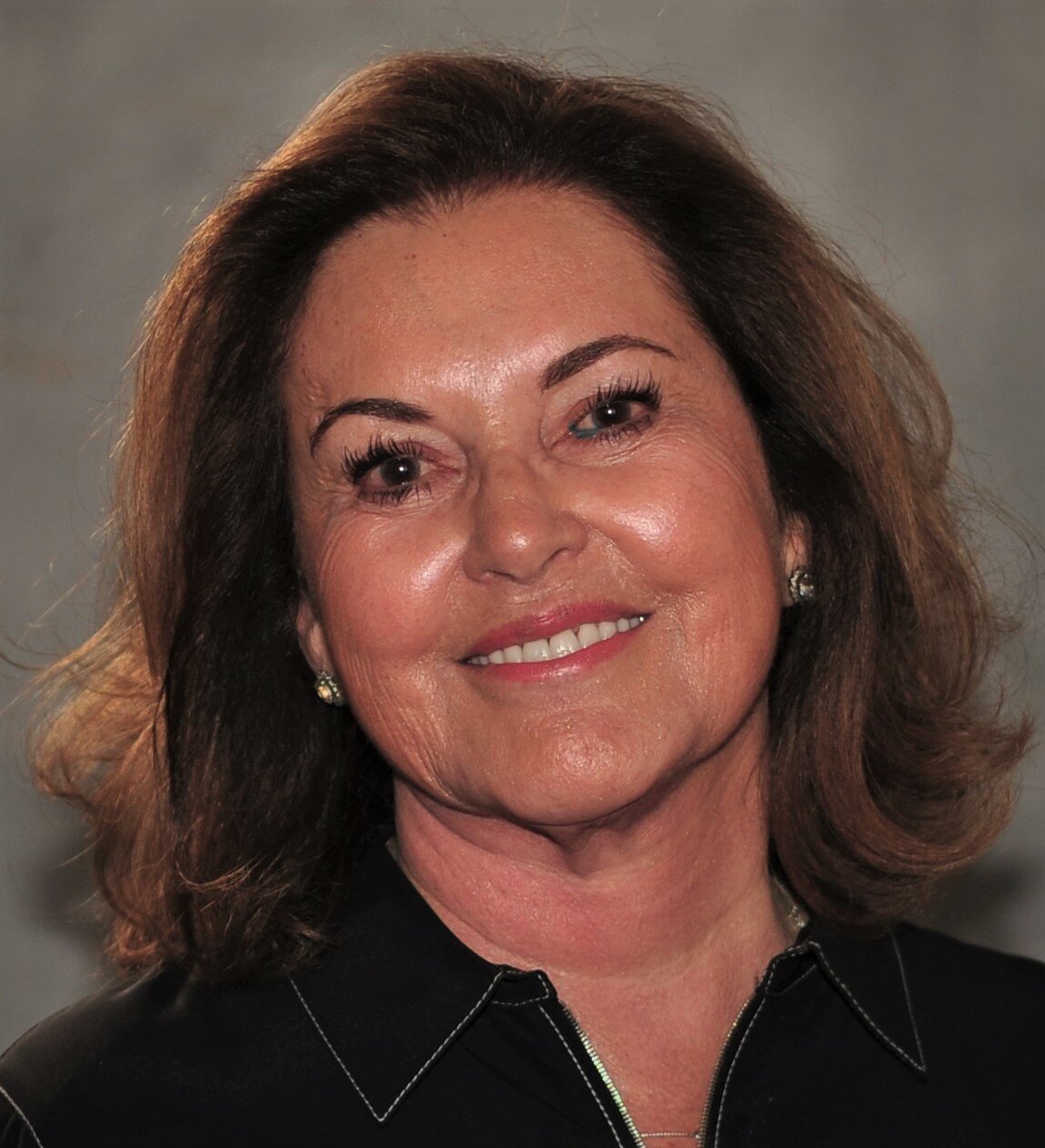By Marcia Meyer | Founder and CEO, The Be Kind People Project
Imagine you’re Marco, a 12-year-old boy who loves to study and wants to do well in his classes—and absolutely dreads going to school every day.
Marco has learned how to catch the latest bus possible, timing the bus so he can run from his house to the bus stop and then from the bus straight to school. He walks with his head down and wishes he was invisible on the short routes. He knows he can never be on the playground before or after school, stays away from all sports and begs his teachers for more work at recess and lunch so he can stay in the classroom. And all day he worries about which kids will be on his bus on the long drive home.
Marco has been repeatedly bullied by a group of his peers for how he dresses, what he eats for lunch, where he lives, because he wears glasses, and his hair color.
His bully is always throwing insults at him and his family. This often involved tripping, hitting or having the books pulled from his hands, and several times he was dragged to the ground and punched in the face. He knows some students have cellphones and sees them looking at their screens, then point at him and laugh — or worse. He realizes that bullying is likely to move online, becoming cyberbullying, where even more people may “hate” it.
Marco isn’t sure how much longer he can take. His parents work hard and he doesn’t want to add to their burden and feels alone when faced with things he just doesn’t understand.
This example is not far-fetched. It reflects a compilation of stories we hear all the time at The Be Kind People Project. That’s exactly why I started a non-profit organization to address this behavior 13 years ago. Bullying continues to be a widespread problem affecting children across the country.
The National Center for Education Statistics reports that approximately 1 in 5 students have been bullied at school or online. The effects of bullying include serious mental health problems such as anxiety and depression, suicidal thoughts, frequent absences from school and low grades in school. Children—whether because of race, gender, disability, socioeconomic status, sexual orientation, or personal characteristics—are more likely to be victimized by their peers.
Bullying affects the entire school culture, and Arizona’s public education system is no exception. The consequences of bullying can lead to long-term problems such as disengagement from school, higher dropout rates, and difficulty forming positive relationships.
According to NCES, bullying can create an environment of fear that harms overall academic performance, affecting all students, not just those who are bullied. Even worse, cyberbullying allows bullying to happen anytime, anywhere, so even when a child leaves school, they find no reprieve. This form of bullying can leave deep emotional scars that can be just as severe as traditional face-to-face bullying.
Schools with fewer resources and larger class sizes struggle with the challenges posed by bullying. Studies show that students in underserved schools are more likely to experience peer victimization, and both students and teachers often lack the comprehensive programs needed to address behavioral problems. We need an inclusive approach that involves everyone – schools, families and communities – working together using actionable strategies to promote a culture of respect and kindness.
Implementing programs and principles demonstrated by incorporating the principles of The BE KIND Pledge™, which promotes kindness and inclusion, has a lasting impact. When schools engage in such initiatives, they not only address the symptoms of bullying, but also cultivate a foundation of mutual respect that benefits the entire community.
When children understand how their choices affect others, it empowers them to behave differently, value support, respect and be considerate of each other. Research shows that students who learn how to be kind to each other contribute to a supportive environment. The resulting respectful and supportive learning environment allows students to thrive and form healthier relationships, have a sense of purpose, build self-esteem – all of which help reduce bullying.
October is designated as Bullying Prevention Month, but the implications of putting children first go beyond one month. It is essential that we address problems, find solutions, and provide our children with tools like our Be Good Pledge to create safer and kinder schools through unique and authentic connections with students through our hip-hop dance, music and school assemblies, while fostering inclusive values and strong interpersonal skills that last a lifetime.
In these environments, students learn that it’s great to be kind and understand the importance of respect and acceptance so that every student can thrive.
Marcia Meyer is the founder and CEO of the Be Kind People Project, an Arizona-based 501c3 nonprofit organization. www.thebekindpeopleproject.org
Keywords
bullying
cyberbullying,
be kind
Project “Be good people”,
Be good

